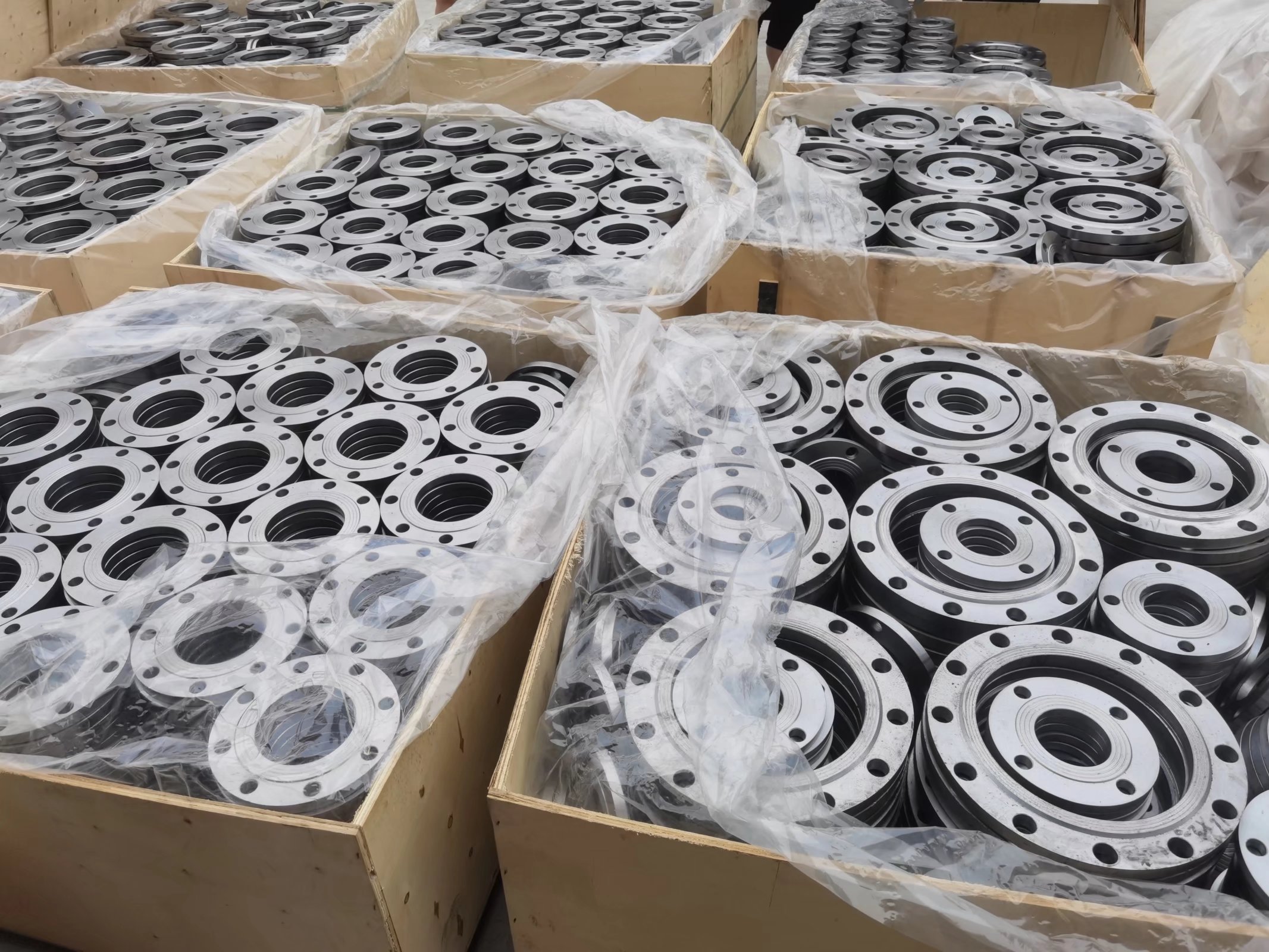brass needle valves
Understanding Brass Needle Valves Functionality and Applications
Brass needle valves are essential components widely used in various industrial applications, thanks to their precision control of fluid flow. These valves are designed to finely regulate the flow of liquids and gases, making them crucial in systems where accuracy is paramount.
What Are Brass Needle Valves?
Brass needle valves consist of a cylindrical body made from brass, a durable and corrosion-resistant alloy. The key feature of these valves is the needle-like stem that moves in a linear motion. This design enables the user to make very fine adjustments to the flow rate, distinguishing needle valves from other types of valves that typically offer more abrupt flow control.
The structure of a brass needle valve typically includes a body, a conical disk, and a needle that fits into the disk. When the handle is turned, the needle either descends into the disk, restricting flow, or ascends, allowing more fluid to pass through. This precise mechanism provides excellent control over flow rates, making brass needle valves ideal for delicate operations.
Advantages of Brass Needle Valves
1. Precision Control The unique design of needle valves facilitates minute adjustments, enabling precise control of fluid flow. This feature is particularly useful in applications where exact flow rates are critical.
2. Durability Brass is renowned for its durability and resistance to corrosion, especially in environments that may involve exposure to moisture or other corrosive substances. This longevity translates into reduced maintenance costs and a longer lifespan for the valve.
brass needle valves

3. Versatility Brass needle valves can handle a variety of fluids and gases, making them suitable for numerous applications across different industries. They can be used in water systems, hydraulic systems, gas lines, and various manufacturing processes.
4. Cost-Effectiveness Compared to other materials like stainless steel, brass valves are often more economical without sacrificing performance. This balance of cost and efficiency makes them an attractive choice for many businesses.
Common Applications
Brass needle valves are utilized in various sectors, including
- Industrial Manufacturing They are commonly found in equipment that requires precise fluid control, such as pumps, filters, and compressors. - Chemical Processing Needle valves are vital in the chemical industry for regulating the flow of corrosive substances, ensuring safety and precision in reactions. - HVAC Systems In heating, ventilation, and air conditioning systems, these valves help manage the flow of refrigerants and other fluids, optimizing system performance.
- Laboratory Equipment In laboratories, brass needle valves are employed in experiments where accurate measurements of gases and liquids are necessary for successful results.
Conclusion
In conclusion, brass needle valves play a pivotal role in numerous applications requiring precise flow control. Their durability, versatility, and cost-effectiveness make them a preferred choice for many industries. Understanding their functionality and benefits can help engineers and technicians select the right valve for their specific needs, ensuring efficient and safe operation of their systems. As industries continue to evolve, the demand for reliable and precise components like brass needle valves will undoubtedly remain strong, underpinning their importance in modern engineering.
-
The Key to Fluid Control: Exploring the Advantages of Ball Valves in Industrial SystemsNewsJul.09,2025
-
The Versatile World of 1, 2, and 3 Piece Ball ValvesNewsJul.09,2025
-
Stainless Steel Ball Valves: The Ideal Choice for Efficient Flow ControlNewsJul.09,2025
-
Optimizing Fluid Control with Ball Float ValvesNewsJul.09,2025
-
Manual Gate Valves: Essential for Control and EfficiencyNewsJul.09,2025
-
Everything You Need to Know About Butterfly ValvesNewsJul.09,2025
-
The Versatility of Wafer Type Butterfly ValvesNewsJul.08,2025




